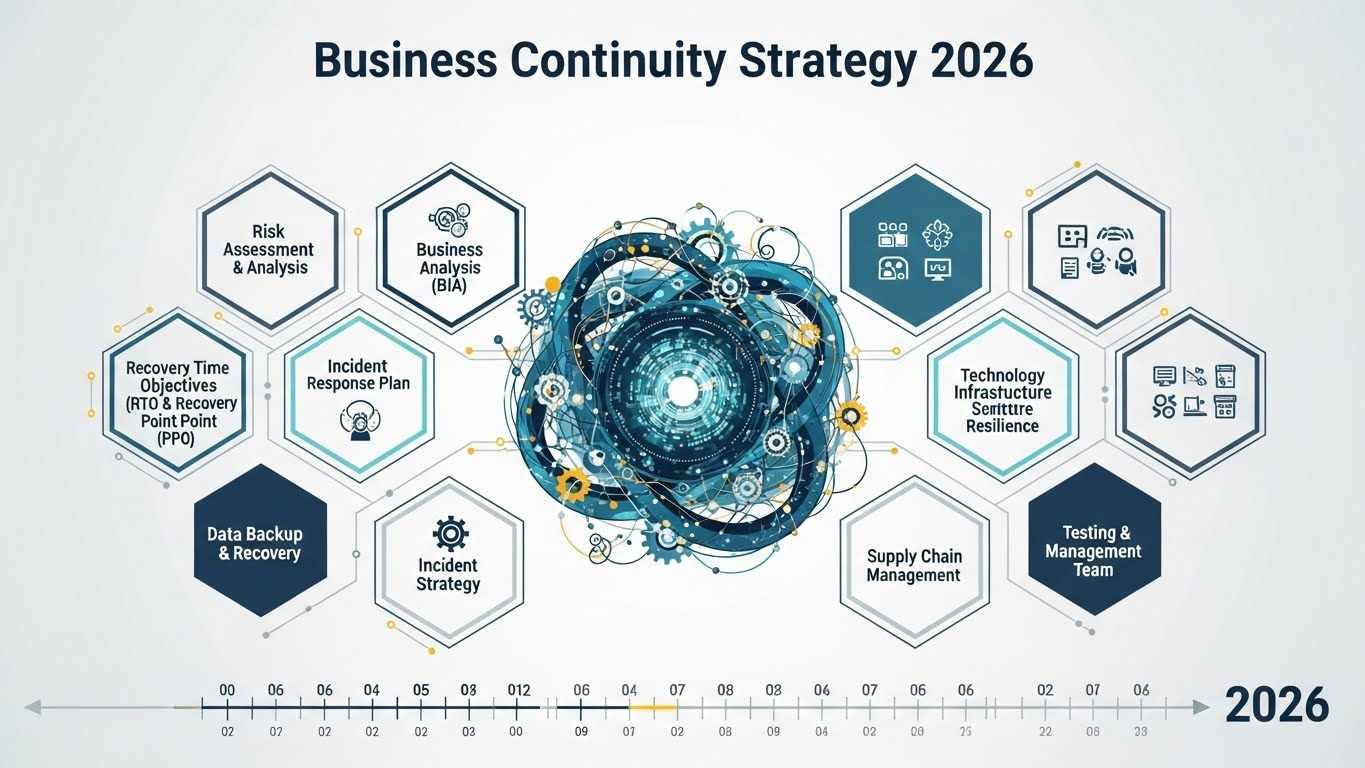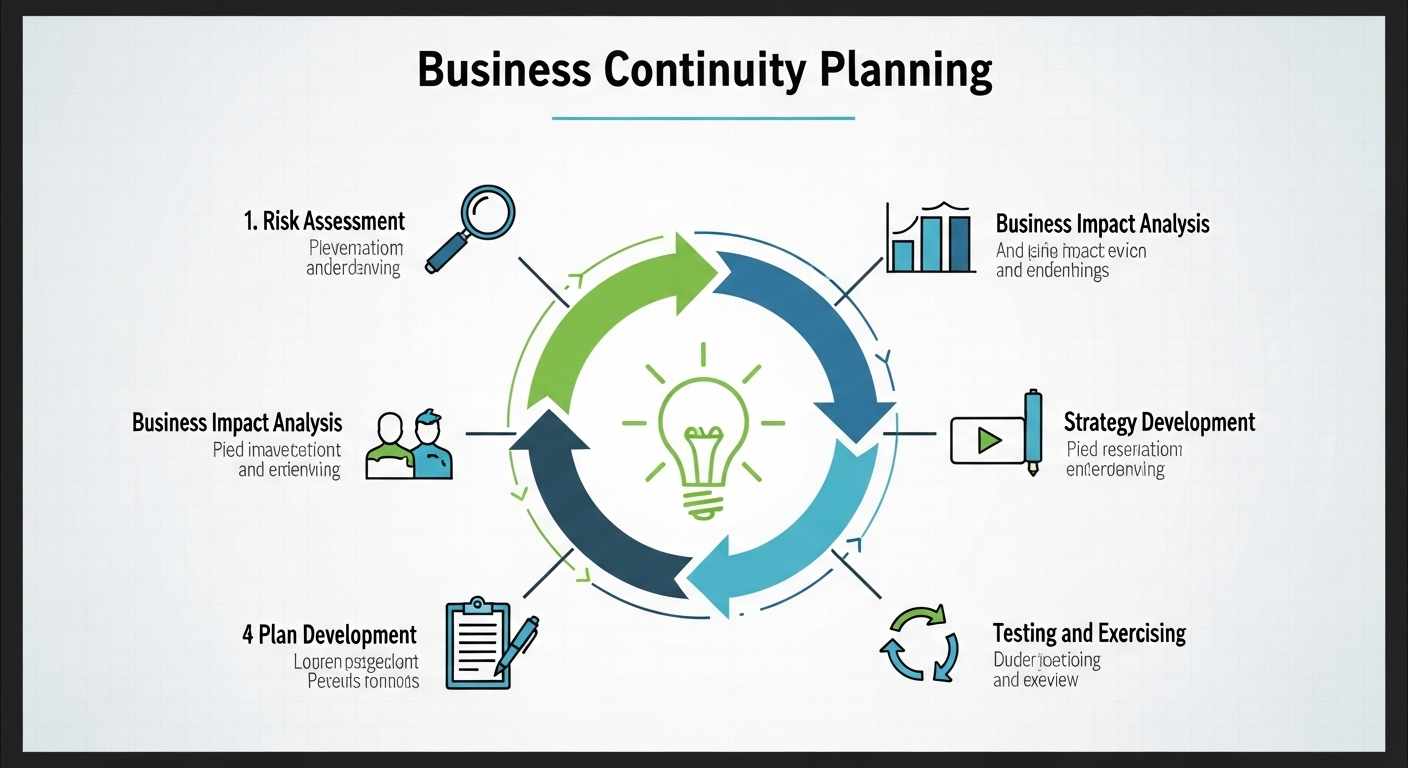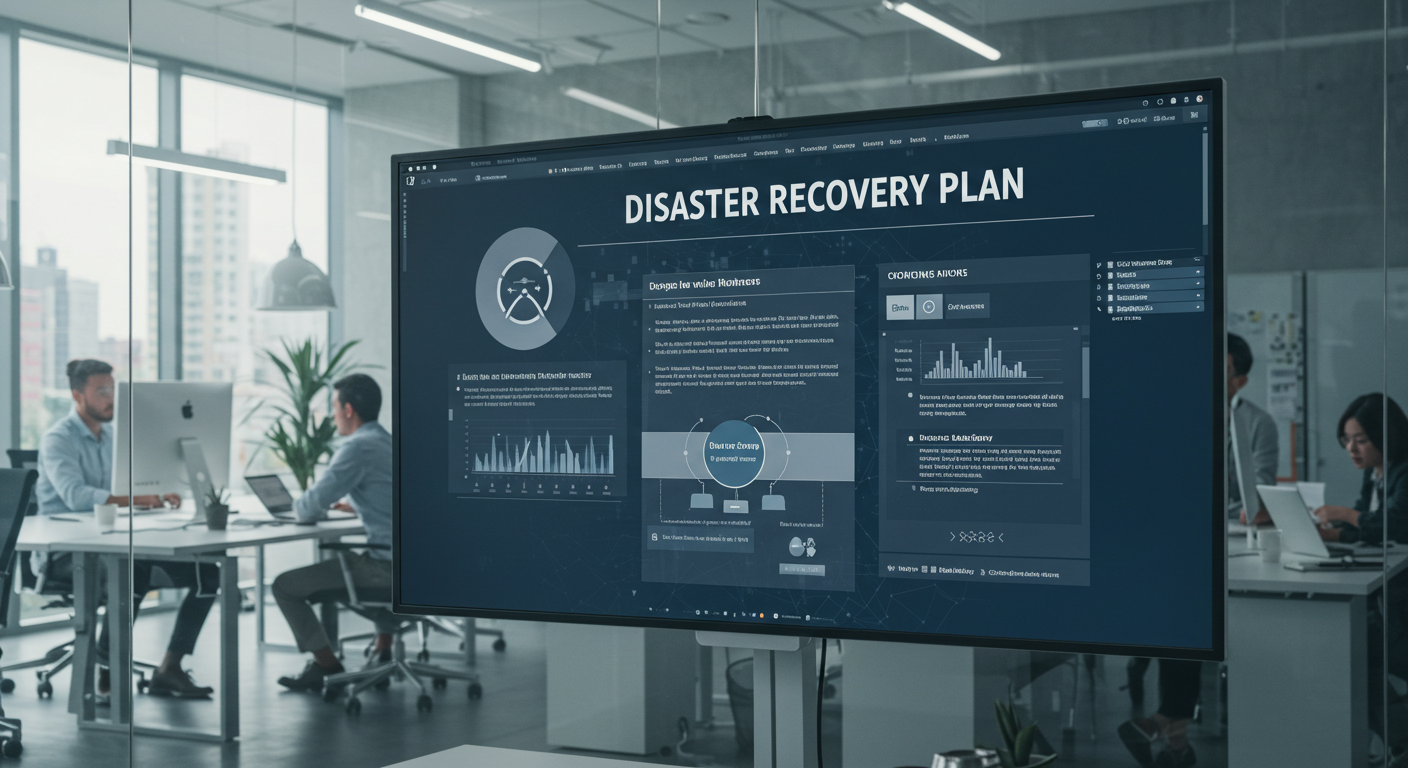
Many businesses face sudden disruptions in the modern world. Some companies succeed because they have good crisis management planning that helps them respond quickly. A strong response plan that uses advanced event management tools helps keep employees safe and protects company property. It also helps the company continue working without major problems.
Crisis have become one of the most extensive phenomena in the business world. Organizations are facing an evolving form of crisis that can quickly escalate because of the advancement of technology, the global economy, and social media.
The organizational leaders to increase the complexity and sophistication of the crisis management capabilities to effectively cope with it.
Why Crisis Management Planning Is a Business Essential?

Crisis management planning is the process of preparing a company to respond effectively during unexpected events. A structured business has a roadmap that outlines exactly what to do when a crisis strikes. This helps reduce confusion and limit the damage to business operations.
One of the main goals of crisis management is to protect people.
Businesses have a duty to safeguard their employees and guests during emergencies. A solid crisis management plan includes clear communication steps to notify everyone quickly about dangers and safety actions. It also assigns roles and responsibilities to key staff members so that action is immediate and organized.
How to build a crisis management plan?
1. Keep People Safe at All Times
Employees are the most important part of any business. A good crisis plan helps keep employees safe and healthy. It also helps protect customers and guests who may be affected. A quick and reliable communication system lets companies send out important safety messages to everyone before and after any crisis. This shows that the company cares about its people and builds strong trust.
2. Protect Important Buildings and Equipment
A company must always check its buildings and important equipment during a crisis. Some buildings might get damaged during disasters like floods or fires. Other facilities might be in danger if the problem lasts a long time. Good crisis planning helps businesses quickly find these risks and respond to them.
3. Take Care of Technology and Digital Tools
Technology is a key part of running a business. Every company must protect important systems during any emergency. A complete crisis management planning guide helps people know who will fix things if systems stop working. It also helps the company recover lost data with backups and keep tools working properly. This allows the company to reduce downtime and protect important information.
4. Keep the Business Running in Every Situation

An important goal of any plan is to make sure the business can keep working during problems. Many companies use business continuity plan consultant services that help them decide what activities are most important. The company can also figure out which customers will be affected. Even when there are big problems the company can continue to deliver services by using backup methods.
5. Take Care of Brand Image
Many people will notice how a company responds when something goes wrong. This can change how people think about the business. When companies act quickly and share honest information they can protect their good name. A business that handles a crisis well may even grow stronger after the problem ends.
Conclusion:
No business is immune to unexpected disruptions but every business can take steps to prepare. Companies can strengthen their ability to face challenges by investing in crisis management planning and using business continuity plan consultant services.
Start by creating a proper crisis and continuity strategy today to build a safer and more resilient organization. You can visit BCG to get the support your business needs for expert guidance and tailored solutions.












Write a comment ...